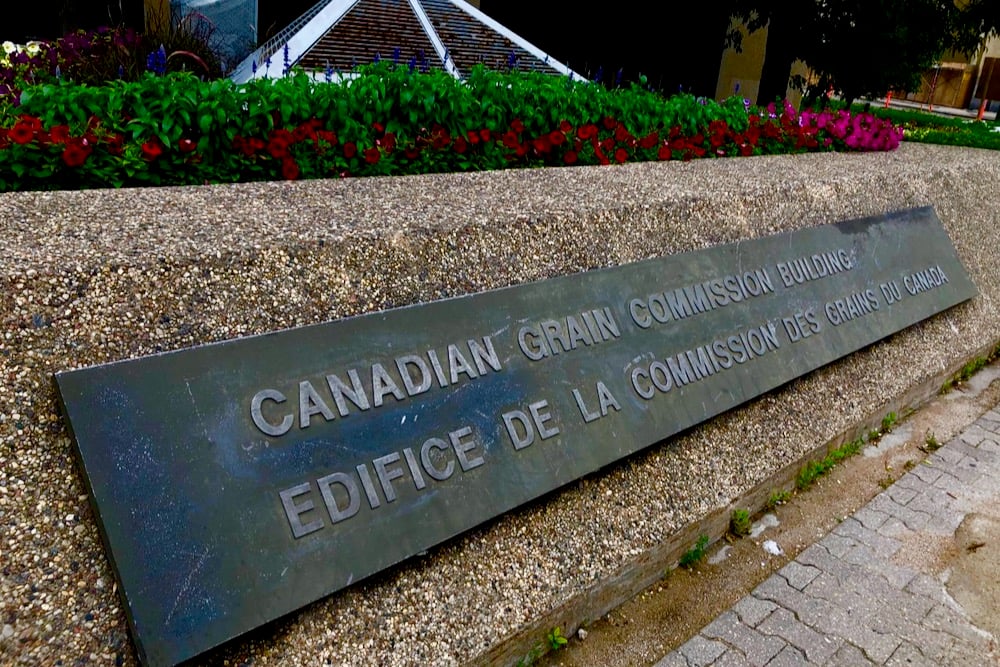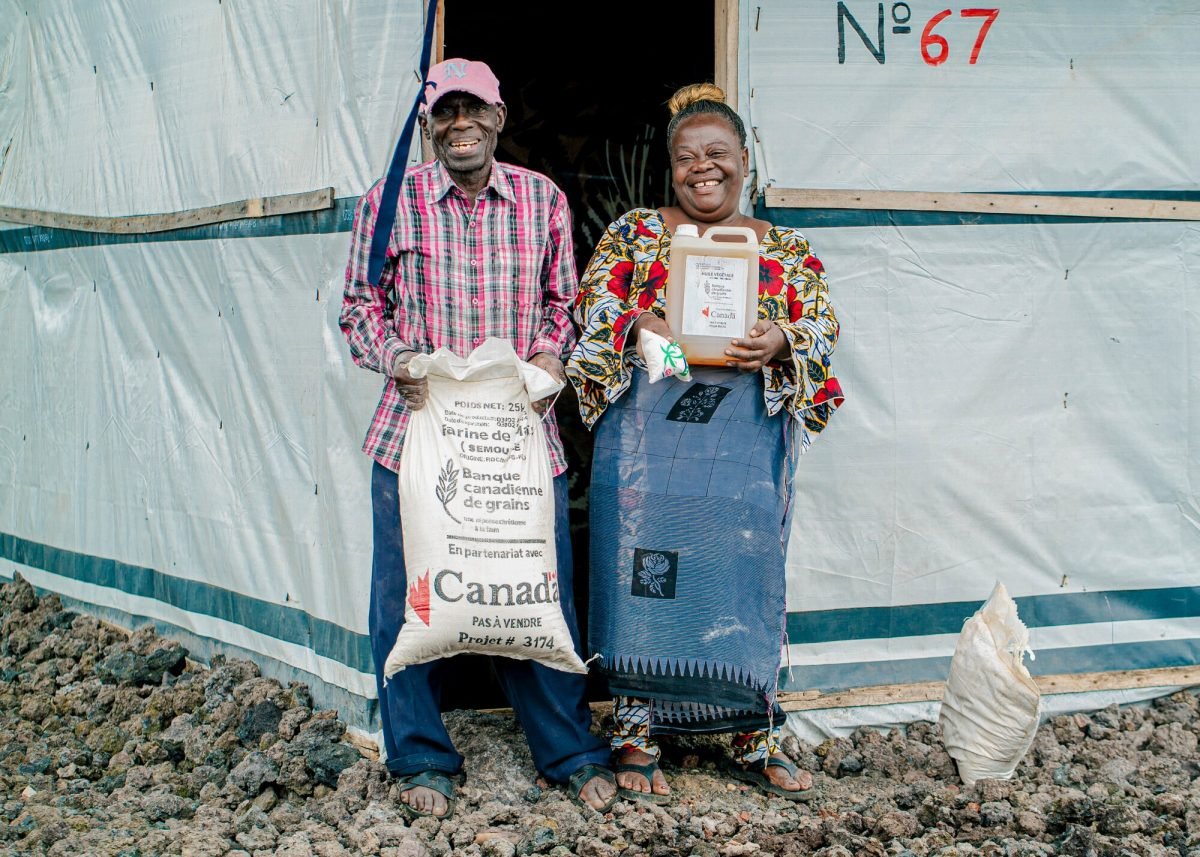Former assistant commissioner claims harassment at Canadian Grain Commission

Glacier FarmMedia—A former assistant chief commissioner of the Canadian Grain Commission has written a blog claiming she was subjected to interference and harassment during her time at the agency.
Patty Rosher, who was appointed to the role in February 2021, said things turned south in September 2022 when Agriculture Canada’s director general of human resources informed her that she was being investigated for allegations of inappropriate behaviour.
“I felt queasy. I racked my brain for possible transgressions,” she said in a recent blog she posted on Substack.
Read Also


Canadian Foodgrains Bank calls for supporters to advocate for international aid funding
In face of U.S. foreign aid funding cuts that are devastating humanitarian groups, Canada can’t back down from its commitments to help the hungry says the Canadian Foodgrains Bank.
The grain commission was contacted for this story but said it does not publicly discuss human resource issues involving current or former employees.
Former CGC chief commissioner Doug Chorney was also contacted but did not respond in time to meet publication deadlines.
Rosher claims she was given a list of 12 transgressions.
The first alleged that she met with external stakeholders and inquired about grain contracts during a vacation in Saskatchewan in September 2021 without advising the commission.
The second was that in February 2022 she asked the commission’s chief grain inspector how cleanliness is assessed in canola and requested confidential information related to dockage levels from harvest sample and export data.
Rosher noted that grain contracts were a hot topic at the time due to a crop failure.
“Some farmers were speculating that canola was coming off the field cleaner than it was getting loaded onto ships and were questioning the CGC’s oversight,” she said in her blog.
“How can me looking into these issues be inappropriate?”
Rosher did not detail the other 10 allegations but noted that in January 2023 she received the preliminary findings of an investigator’s report showing that all the allegations were unfounded.
“Ya, no kidding,” she wrote in her blog.
She received the “heavily redacted” final report in June 2024, noting that 163 of the 211 pages of the report were scanned from Chorney’s notebook.
“On an almost daily basis, he had been making notes about me, ranging from petty observations to wild conspiracy theories to outright misrepresentations of my work ethic and abilities,” said Rosher.
An entry on Aug. 10, 2022, noted that Rosher was dressed in “low quality cotton pants, open toe sandals (sic) and a sleeveless top.”
“I find her to be unprofessional and awkward in public situations,” wrote Chorney.
Rosher alleges that her relationship with Chorney was strained almost from the beginning. The two parties agreed to mediation in early 2022 but the process failed.
She wonders where her employer was throughout the dispute.
The grain commission’s human resources department refused to meet with her, directing her to instead meet with Agriculture Canada’s human resource department.
Rosher claims she has been in a “mostly one-sided” email exchange with Agriculture Canada since June 2024. The department keeps promising to respond but never follows through.
She contacted the Privy Council’s Office and was told the organization is not mandated to provide support to individual governor-in-council (GIC) appointees.
She hired a lawyer but was told there are no possible avenues of redress.
She is unable to file a workplace harassment complaint because as a GIC appointee, she was not considered an employee of the grain commission.
Rosher could file a complaint with the Canadian Human Rights Commission but said gender discrimination would be hard to prove.
She claims the the grain commission’s investigation was deeply flawed and wonders if it played a role in her unsuccessful bid to become chief commissioner in the summer of 2024.
“It couldn’t have helped,” said Rosher.
Source: Farmtario.com

